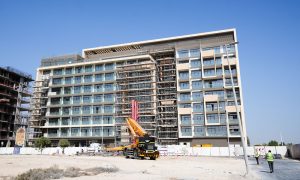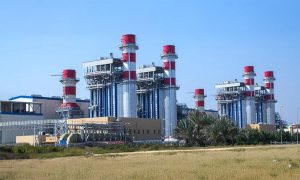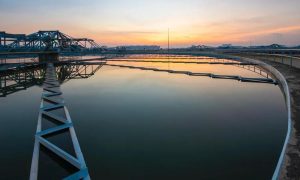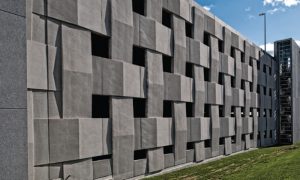Qatar steps up labour rule reforms
More than 1,000 firms issued warnings by the Ministry of Labour and Social Affairs
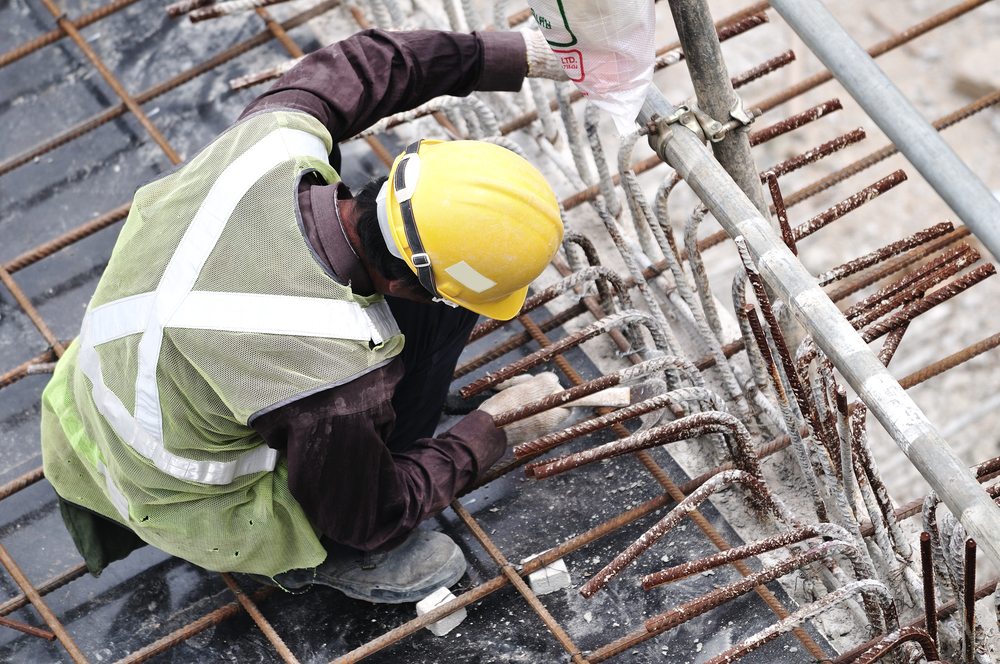
RELATED ARTICLES: FIFA facing calls to re-vote on Qatar World Cup | GCC construction not for the ‘faint-hearted’ | Saudi Arabian employers obliged to pay for treatment of work-related injuries
Qatar’s Ministry of Labour and Social Affairs has punished more than 200 companies in the first quarter of 2014 for violating key provisions of the country’s labour laws, it has been announced.
More than 1,000 firms have been issued warnings by the ministry as they were not fully complying with rules that are aimed at protecting worker’s rights. A total of 10,500 raids on approximately 7,443 firms were conducted by inspectors in the first quarter of the year, the ministry said.
Of these, routine inspections were conducted on 6,523 companies to check their compliance with the labour law. Another 3,485 raids were conducted on the worksites of 920 companies, with the intent of checking on their occupational safety rules.
Although about 80% of the firms inspected were found to comply with the law, there were temporary bans imposed on 3% of the firms as punishment for violating the law. A further 15.9% were issued warnings and asked to correct their current situation.
The figures were disclosed by Qatar’s Permanent Representative at the UN Office in Geneva, Faisal bin Abdullah Al Hanzab during a meeting on the side-lines of the International Labour Conference, which ends on June 12.
Qatar has pledged to upgrade its rules and systems to conduct checks on construction sites and ensure that workers’ rights are protected.
Furthermore, construction sites in Qatar will soon be connected to Ground Positioning Systems that will allow labour inspectors to locate and track them with ease, Al Hanzab added.
In 2011, the Cabinet had set up a national occupational safety committee as part of the Ministry of Labour and Social Affairs. The purpose of the committee is to find out the reasons why workers suffer injuries onsite and to implement remedial measures.
Al Hanzab added that hospitals were being built, exclusively for workers. A wage protection system was also being launched to ensure that employers pay their construction workers through banks and exchange houses.
The diplomat stressed that labour inspectors would check online which companies hadn’t paid their workers on time and that actions would be taken against them.



